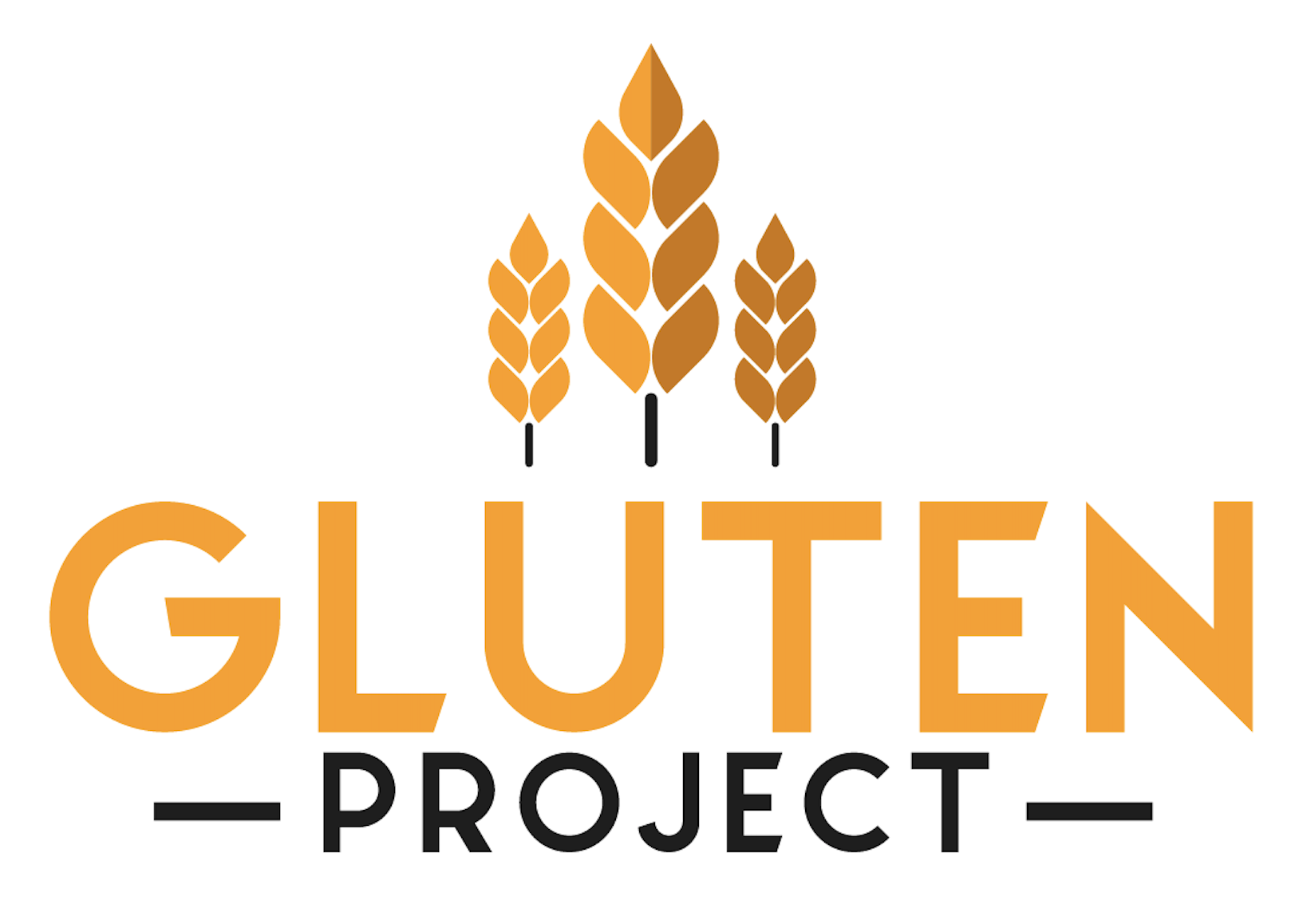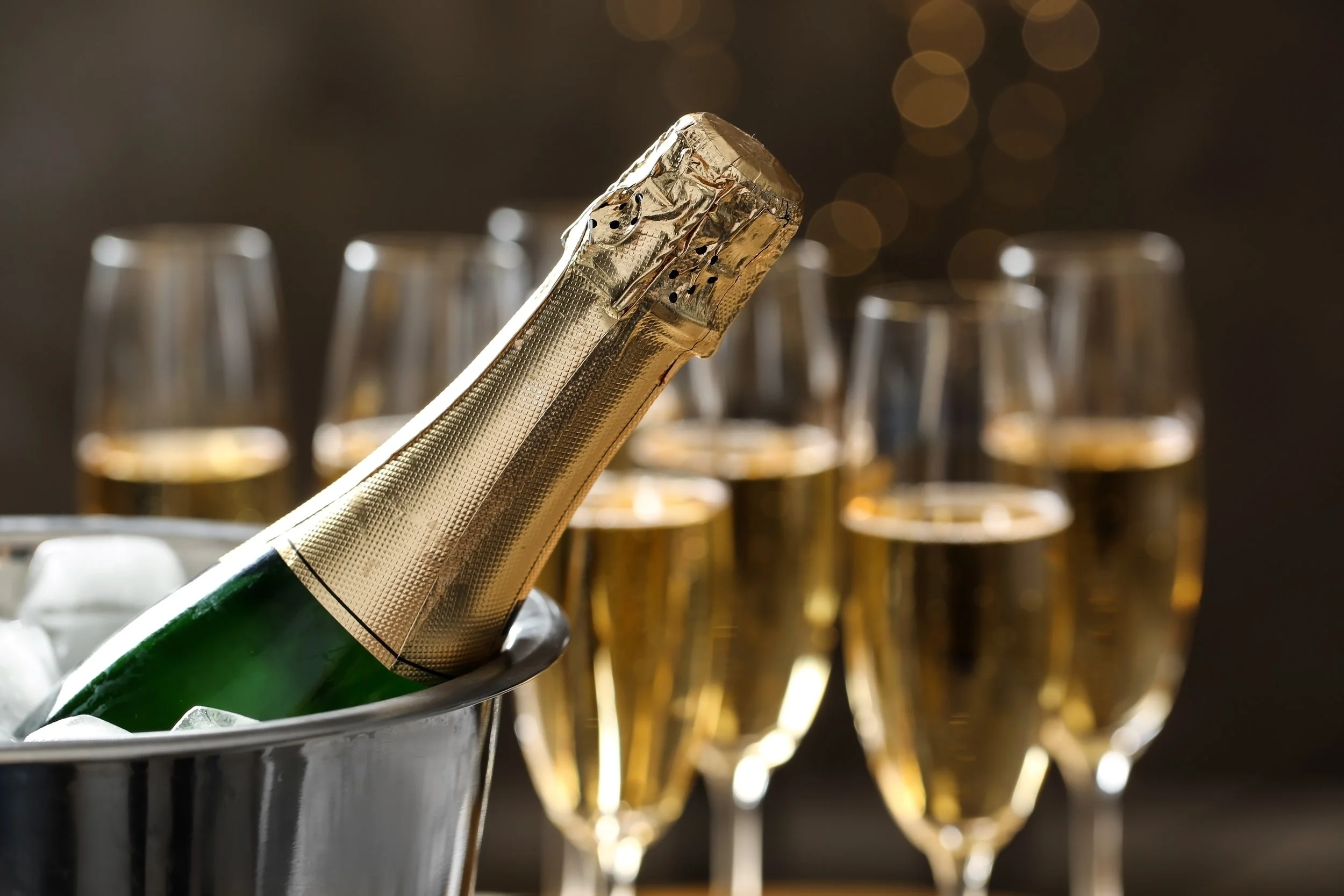Is Champagne Gluten-Free?
There are many reasons to follow a gluten-free diet. Besides gluten sensitivity, gluten can aggravate autoimmune diseases, such as celiac and IBS. Unfortunately, numerous products can contain gluten, so it’s no surprise that questions like, “Is champagne gluten-free?” or “Does champagne have wheat?” tend to get asked a lot.
Read on to find out more about champagne, whether it’s gluten-free or not, and to discover whether celiacs can drink alcohol in general.
What Does Gluten-Free Champagne Mean
To answer the question of whether champagne is gluten-free, the term “gluten-free” must first be defined. According to the FDA, a gluten-free label on foods establishes that a product does not contain any:
Wheat
Rye
Barley
crossbreed/hybrid of grains
Gluten-free may be used to describe a product with these ingredients, only if gluten has been removed from the ingredient to result in less than 20 ppm of gluten in a food item.
Fortunately, for those with celiac, almost all champagne is gluten-free. The ingredients in wine and champagne are grapes, sugar, and yeast. Unless additional ingredients are added for flavoring or a hybrid beverage, champagne is a safe gluten-free alcohol for celiacs.
Which Brands of Champagne Are Gluten-Free?
Answering the question, “is champagne gluten-free?” comes with many other questions, including, “which brands of champagne are safe for celiacs?” Fortunately, the list of gluten-free wines is much longer than the list of wines with gluten in it.
In general, you can assume that most champagnes are gluten-free wines. As mentioned above, champagne alone doesn’t consist of any wheat proteins which would trigger a response in celiacs.
According to the FDA, gluten proteins in fermented foods are “no longer intact.” Unfortunately, that makes them difficult to detect with food-grade testing alone. The FDA, therefore, reserves the “gluten-free” label on wines and other fermented alcohols unless thorough testing of the facility and ingredients happens before fermentation.
Despite not being labeled as such, there are many gluten-free wine and champagne products to enjoy (unless explicitly stated on the bottle). In particular, consider:
Dom Perignon
Pol Roger Brut
G.H.Mumm Grand Cordon
Krug Grande Cuvée
Nicolas Feuillatte Brut
As well, you can enjoy many sparkling wines, not defined as champagnes, which are gluten-free and safe for drinking as a celiac. Naturally gluten-free wines (as long as no additives or contamination has occurred) include sparkling:
Moscato
Sauvignon Blanc
Zinfandel
Riesling
Chardonnay
Pinot Grigio
If you’re unsure about a particular brand, the safest thing to do is contact their customer service or head office. Even if they aren’t legally able to label bottles as gluten-free, they should be able to tell you what ingredients are in the bottle. Moreover, they might be able to confirm whether they have processes to deal with gluten products.
Does Champagne Yeast Have Gluten?
The yeast used in champagne is gluten-free. This is why champagne is considered a gluten-free wine. It contains no wheat proteins, glutenous or otherwise, which might trigger an allergic reaction in somebody who has celiac.
One of the reasons champagne is sometimes confused as having gluten is because it includes yeast as an ingredient. However, champagne yeast and bread yeast are different. Champagne uses a Saccharomyces cerevisiae yeast, which is specifically used in alcohols.
The energy extracted from sugar by champagne yeast during the fermentation process creates alcohol and carbon dioxide. All gluten-free wine has carbon dioxide as a result of fermentation. Champagne, and other sparkling wines, are fermented twice to increase the level of carbonation.
Does Prosecco Have Gluten in It?
Prosecco is a sparkling white gluten-free wine made in the Friuli Venezia Giulia region of Italy and named after a village in Trieste. Typically, Prosecco wines are fruity and bright. They are less complex in flavor and production than champagnes and dry sparkling wines.
According to Beyond Celiac, a patient advocacy and research-oriented organization supporting individuals with celiac, Prosecco is naturally gluten-free. The only time Prosecco might be deemed unsafe for celiacs is if the batch was made in a winery where cross-contamination has occurred.
Prosecco is a safe beverage for those with celiac to consume. It is a cheaper alternative to genuine champagne, and you will have more variety to consider when looking for a gluten-free option.
Can Celiacs Drink Alcohol?
According to the National Celiac Association, the gluten properties of alcohol depend on the type of alcohol and starting ingredients. The main types of alcoholic beverages are fermented or distilled. Fermented products include wine and beer, while distilled beverages include spirits like whisky, gin, rum, tequila, and vodka.
Fermented alcohols might include gluten if they are made with wheat. Other types of starting ingredients for fermented alcohol include barley, rye, or fruit.
Celiacs may drink fermented alcohol if it is made with fruit. Moreover, some gluten-free alcohol and beer do not include malted barley. Check the label on beer to ensure it is safe for celiacs before drinking.
In general, it is safe to consume gluten-free alcohol such as:
Wine
Rice wine (unless it is made with barley malt)
Apple cider
Fruit cider
As with beer, be sure to check the label of cider bottles to make sure it hasn’t been mixed with beer or fermented with wheat products before consuming.
Likewise, avoid any product that lists:
Malt
Hydrolyzed wheat protein
In short, yes. Celiacs can enjoy gluten-free alcohol beverages. They simply must be more careful in which products are chosen. Reading labels is a great way to stay informed.
Wrapping Things Up
Champagne is a great alcoholic beverage for celebrations, romantic occasions, or for a little extra fun a night out. In most cases, champagne is gluten-free and safe for celiacs to toast with, but there are a few exceptions where a sparkling wine may not be gluten-free, such as:
Additional flavor enhancements containing yeast
Fusion drinks with beer
Cross-contamination from one product to another in a facility working with gluten
A pure champagne product with no additional ingredients apart from grapes, champagne yeast, and sugar. Before drinking, check for potential cross-contamination, or the listing that a product “may contain wheat.”
Happy sipping!

